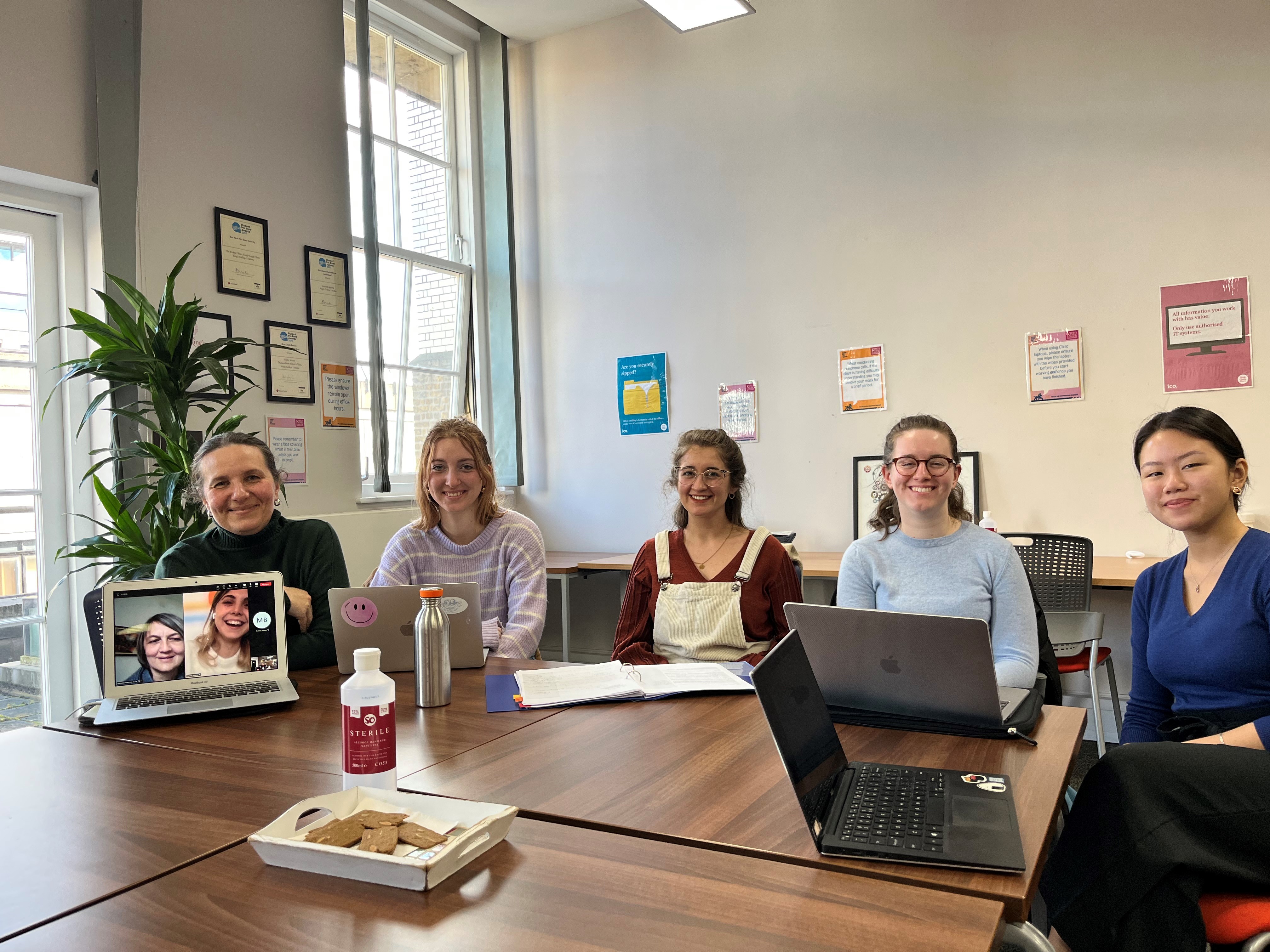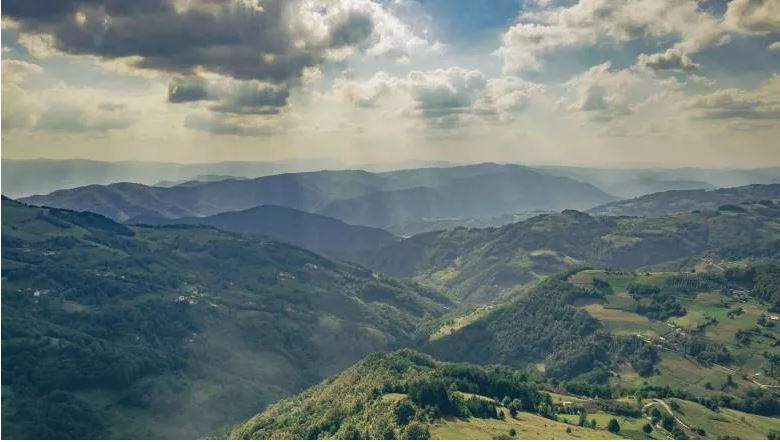Rights of Nature Toolkit
How to Protect Rivers in England and Wales

Rights of Nature Toolkit: How to Protect Rivers in England and Wales
In 2023-24 the Toolkit was completed by Maya Pardo (PGdip Law and Professional Practice ’24) under supervision of Sue Willman with review undertaken by KCL students and staff and several lawyers. It was launched at a Rights of Nature event on 23 January 2024.
About:
The King's Human Rights and Environment Legal Clinic Toolkit promotes access to justice by de-mystifying the laws regulating water pollution and providing practical advice on how to use legal tools to protect rivers. The toolkit aims to help community activists, legal clinics, and legal professionals promote the Rights of Rivers, especially the right to be free from pollution.
With examples included throughout, the toolkit covers gathering information, information requests, submitting a complaint, criminal prosecutions, judicial review, environmental planning law, nuisance and human rights claims, soft-law transnational complaints, and public participation, including council motions, public consultations, and objecting to planning permission.
Acknowledgements:
This toolkit was written by Maya Pardo, Amanda Ignatia, and Freya Skyrme, with support from Sue Willman, Lecturer and Acting Director of Clinical Legal Education & Supervising Solicitor.
We thank Zoe Lujic (Earth Thrive); Tom Brenan and Emma Montlake (ELF); Theo Thomas (London Waterkeeper); Sir Crispin Agnew KC; Paul Powlesland (barrister, Garden Court Chambers); Bonnie Holligan; Joanna Smallwood; Ben Pontin (Cardiff University); Grant Wilson (ELC); and Lynda Sullivan (EJNI) for their valuable contributions and guidance. We are also grateful to King’s Legal Clinic staff and students for editing, research, and reviewing: Aparna Mehrotra, Isabelle Standen, Sneha Bhardwaj, Guillermo Gari Ruibaldeflores, Sanja Katic, Saira Munir, Marcus Chan, and Addison Luck, as well as LSE student Andrew Tan Ri Yao. We are grateful for the review and editing undertaken by Barristers Edward Arash Abedian, Matthew Dale-Harris, Siân McGibbon, and Alex Shattock (Landmark Chambers), and Alex May (Lawyers for Nature). Design was funded by Kate Hodgson. Cover Design by Josa Taylor. Cover photo by Susannah Miller.
What are Rights of Nature?

Rights of Nature (RoN) refers to a legal framework which prioritises the intrinsic rights of nature and the undeniable inter-connection between the human and natural world. RoN rejects a "human-centric" (or anthropocentric) approach in which law treats nature as property and conceptualises the world in terms of property rights. Instead, the RoN movement aims to promote and assert natural rights and move towards a system where nature is valued and protected for its own sake and not for the value it provides to humans. In other legal systems such as those of indigenous persons, the RoN approach is used to protect natural entities such as rivers and forests and around the globe, new laws and constitutions which recognise RoN are gradually being introduced. Alongside this shift, RoN lawyers and activists are also re-imagining existing laws through a RoN lens.